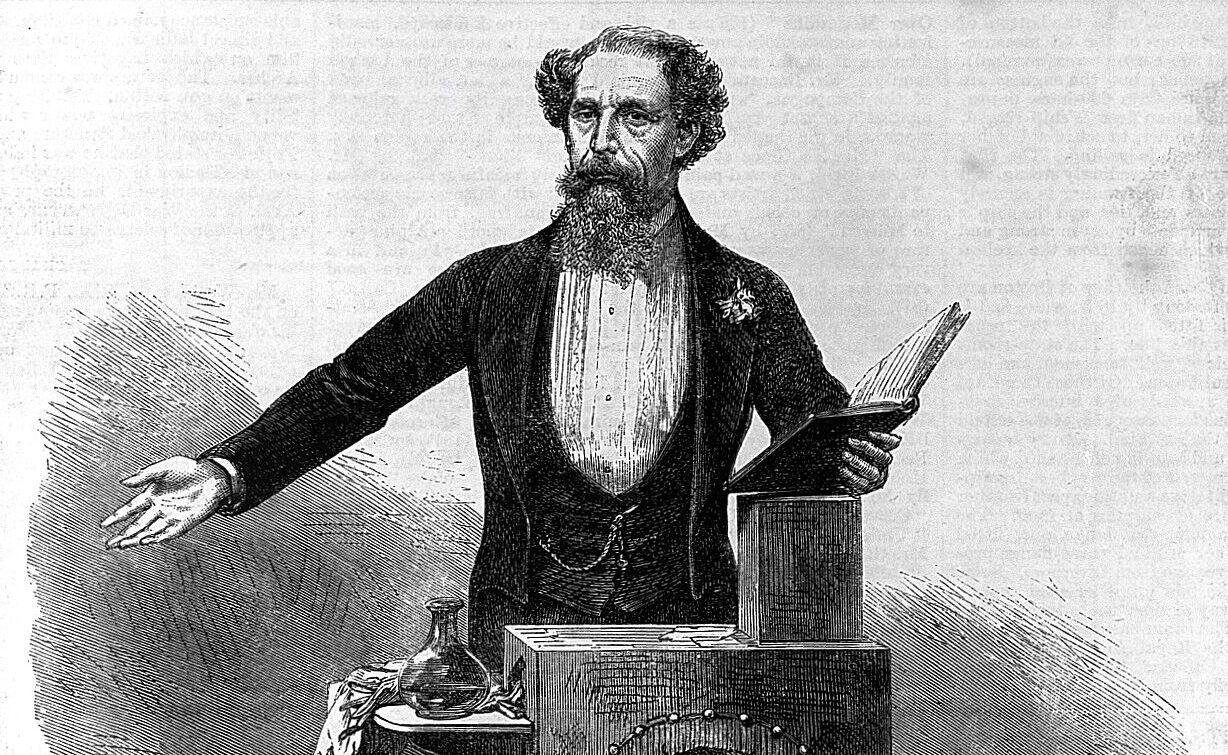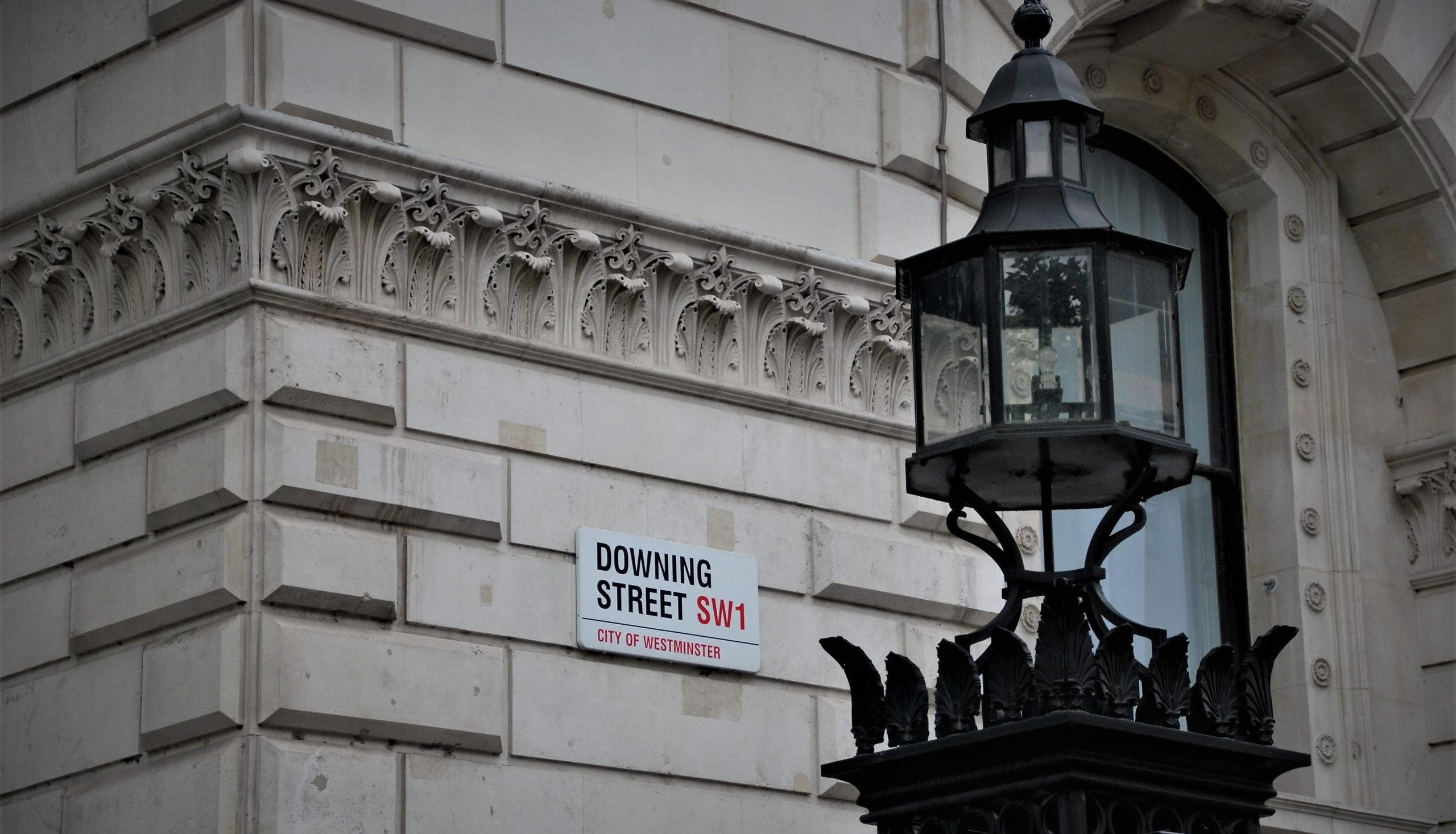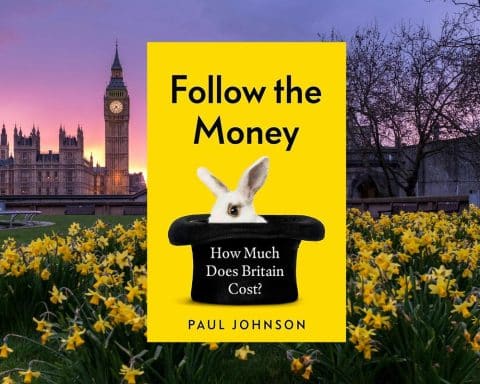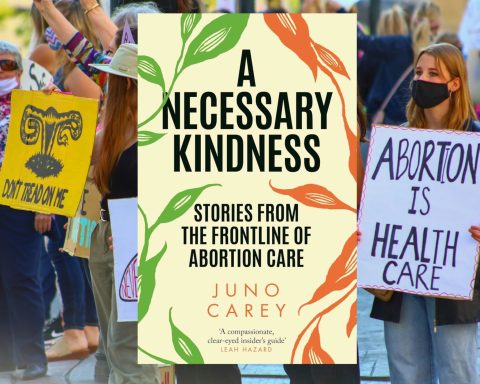
If you’re in the market for a short read to lift your spirits at Christmas, Dickens’ classic really delivers. It is the story of Ebenezer Scrooge, an old miser described in deliciously grim terms:
‘Oh! but he was a tight-fisted hand at the grindstone, Scrooge! a squeezing, wrenching, grasping, scraping, clutching, covetous old sinner! Hard and sharp as flint, from which no steel had ever struck out generous fire; secret, and self-contained, and solitary as an oyster.’1
Scrooge is a man apart, lacking any semblance of humanity and scornful of humanity around him, even as he profits from its misery. Over the course of the story, however, we see that even he is not entirely a lost cause. A nocturnal succession of ghostly visitors one Christmas Eve opens his eyes to who he once was, who he might be now if he chose, and what awaits him if he remains the same: a lonely death, unmissed and unmourned. Scrooge, once hard and sharp as flint, gradually softens, seeming to find again his misplaced soul, and wakes up on Christmas Day a changed man, reaching out to those around him to give rather than to take, and to connect. It is a heart-warming story of redemption and personal growth, although Dickens wrote it with something altogether different in mind.
…we see in his heart something joyful and real that has long lain dormant and forgotten, at last stir and rouse itself.
A Christmas Carol was written expressly to raise awareness of child poverty, of which there was certainly no shortage in Victorian London, where the story is set. Tiny Tim, the son of Scrooge’s clerk, is sickly and doomed to die young without the necessities whose absence we still associate with premature mortality today: decent housing, clean air, a healthy diet and so on. In the age of steam power, mutton-chop whiskers and rudimentary social care, the answer was individual philanthropy, the making of “…some slight provision for the poor and destitute, who suffer greatly at the present time,” and so Scrooge’s change of heart leads first of all to a loosening of his purse-strings.
Our perspective today is different: we have a reasonable expectation that no one will be truly destitute, and that the state rather than the individual will meet everyone’s basic needs, even if the growing call on food banks gives us cause to question how we define these. As doctors, independent contractor status notwithstanding, we too are part of the state apparatus, and yet as individuals, we retain the privilege of relating to the human need around us one patient at a time.
The story of Scrooge’s transformation is not enjoyable simply because a miser becomes generous, or because the lot of the poor in an imagined past is made fractionally easier. It is rather that we see in his heart something joyful and real that has long lain dormant and forgotten, at last stir and rouse itself. Peter Aird wrote about the same awakening in a miserly GP’s heart,2 and even while many doctors are broken by their experience of working in the NHS, the danger for the rest is to become embittered and burnt-out over the years, to stay at their post and service the machinery of healthcare, but slowly to lose their humanity and forget that we are not ourselves machines. The message of the story is hopeful, then: not just that people can change, or that they can make a difference, but that we are made for joy, and that it’s never too late to remember. Why not let this little book remind you?
References
- Penguin Classics; 1st edition (29 Nov. 2012), 112 pages, ISBN-13 : 978-0141389479
- Peter Aird, A BJGP Christmas Carol, BJGP Life 17.12.18 (accessed 15 December)
Featured image: Dickens giving the last reading of his Works. Wellcome Collection. Source:Wellcome Collection.








